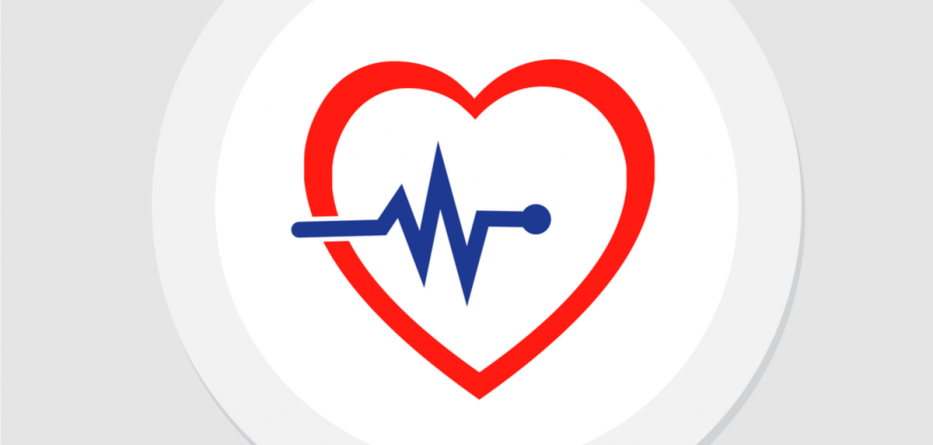When you have atrial fibrillation (AFib or AF), it means that you have an abnormal heart rhythm or arrhythmia. In AFib, the atria (upper chambers of the heart) beat irregularly, causing them to beat out of sync with the ventricles (lower chambers of the heart). This can cause blood to pool in the atria, which may lead to the formation of blood clots. A blood clot that travels to the heart can cause a heart attack; a blood clot that travels to the brain can cause a stroke.
There are many treatments for AFib, some of which are procedures while others are medications. Medications are often the starting point. Most medications are aimed at managing high blood pressure; some help to prevent blood clots.
Heart Rate Medications
Heart rate medications help to control your heart rate, ensuring that it doesn’t beat too quickly, which is what can lead to heart failure.
Heart rate medications include beta-blockers, calcium channel blockers, and digitalis glycosides.
Beta-blockers lower the heart rate by blocking the effects of epinephrine (adrenaline). In addition to AFib, they can be prescribed to treat high blood pressure, migraines, anxiety, as well as some other issues.
Calcium channel blockers slow down the heart rate by relaxing the smooth muscle lining of the arteries. They also stop the heart from absorbing calcium. Calcium can strengthen the heart’s contractions by relaxing the heart muscle and widening the arteries simultaneously. Centrally acting calcium channel blockers are needed for treating AFib because they are the ones that help to lower the heart rate.
Digitalis glycosides, such as digoxin, help to strengthen heart contractions. Digoxin also helps to slow the speed of electrical activity from the atria to the ventricles, which helps to control the heart rate.
Heart Rhythm Medications
Once your heart rate is under control, it becomes easier to manage your heart rhythm. Antiarrhythmic drugs help to control the heart rhythm. These include sodium channel blockers and potassium channel blockers.
Sodium channel blockers help control heart rhythm by reducing how fast the heart muscle conducts electricity. They interact with the sodium channels of the heart cells.
Potassium channel blockers work in the same way as sodium channel blockers, but they interfere with the electrical conduction of the potassium channels of the heart cells.
Blood Thinners
Blood thinners help to prevent blood clots from forming. However, because of this, they also increase the risk of bleeding. There are antiplatelet blood thinners and anticoagulant blood thinners.
Antiplatelet drugs interfere with the action of platelets in the bloodstream. They stop the platelets from joining together, which is how blood clots form.
Anticoagulant drugs extend the time it takes for a blood clot to form. They can be oral or injectable drugs.
Both antiplatelet and anticoagulant blood thinners need to be closely monitored.
Featured image: ocskaymark via DepositPhotos








